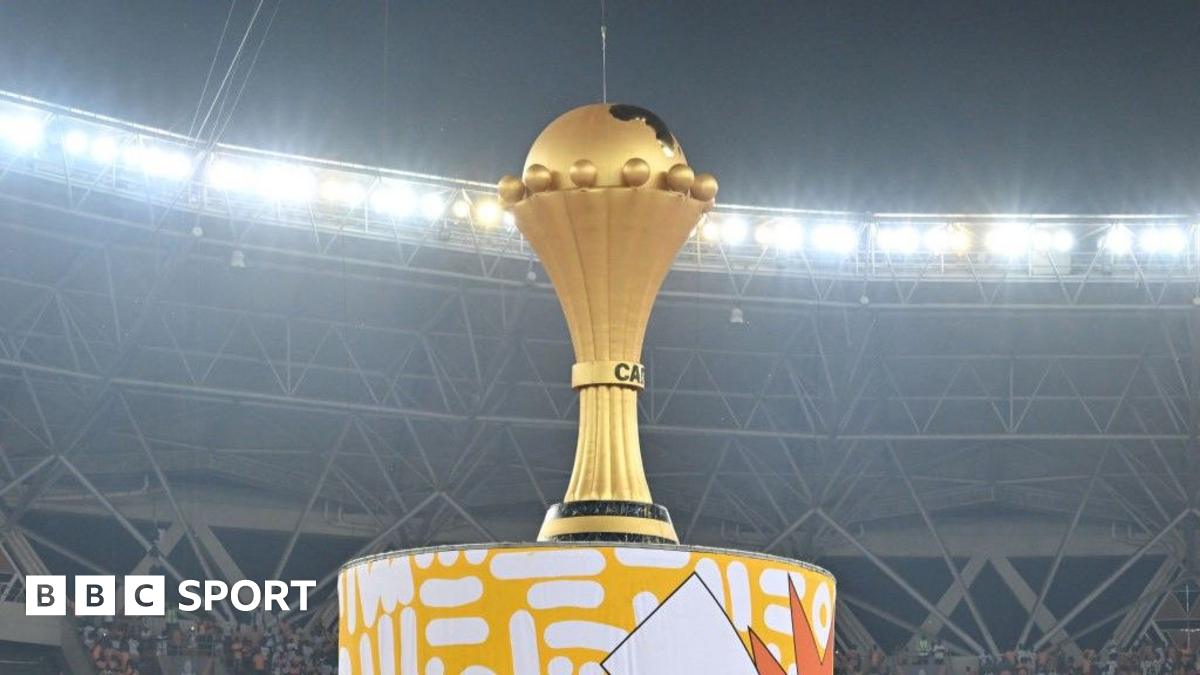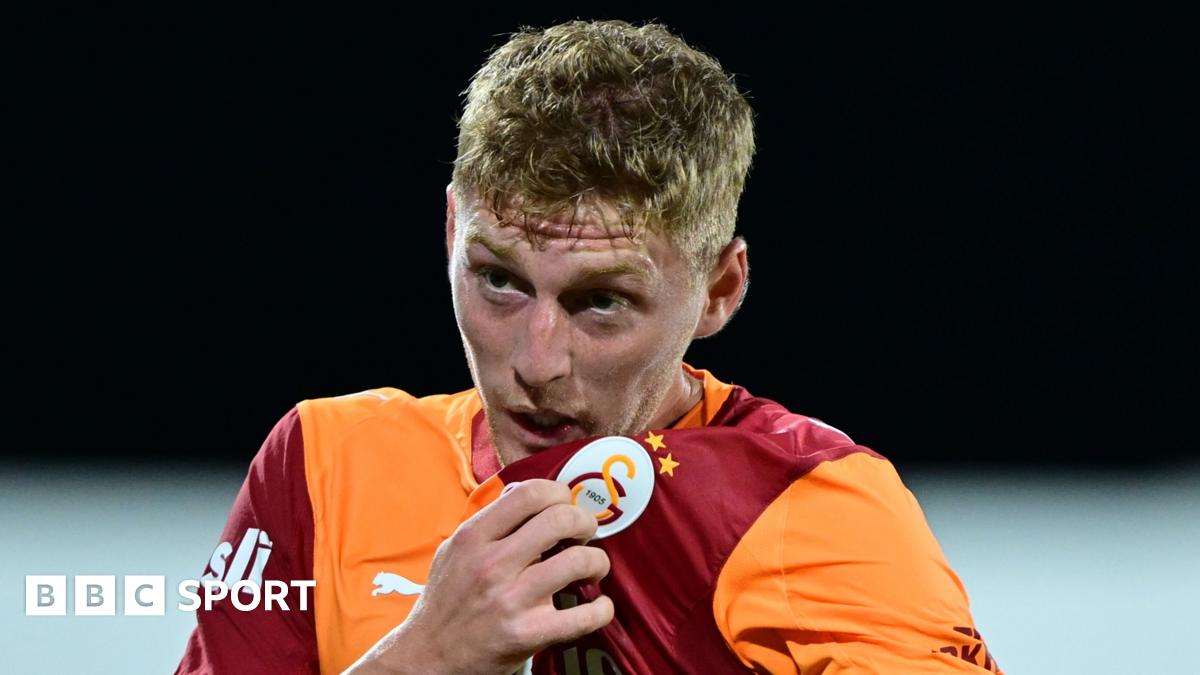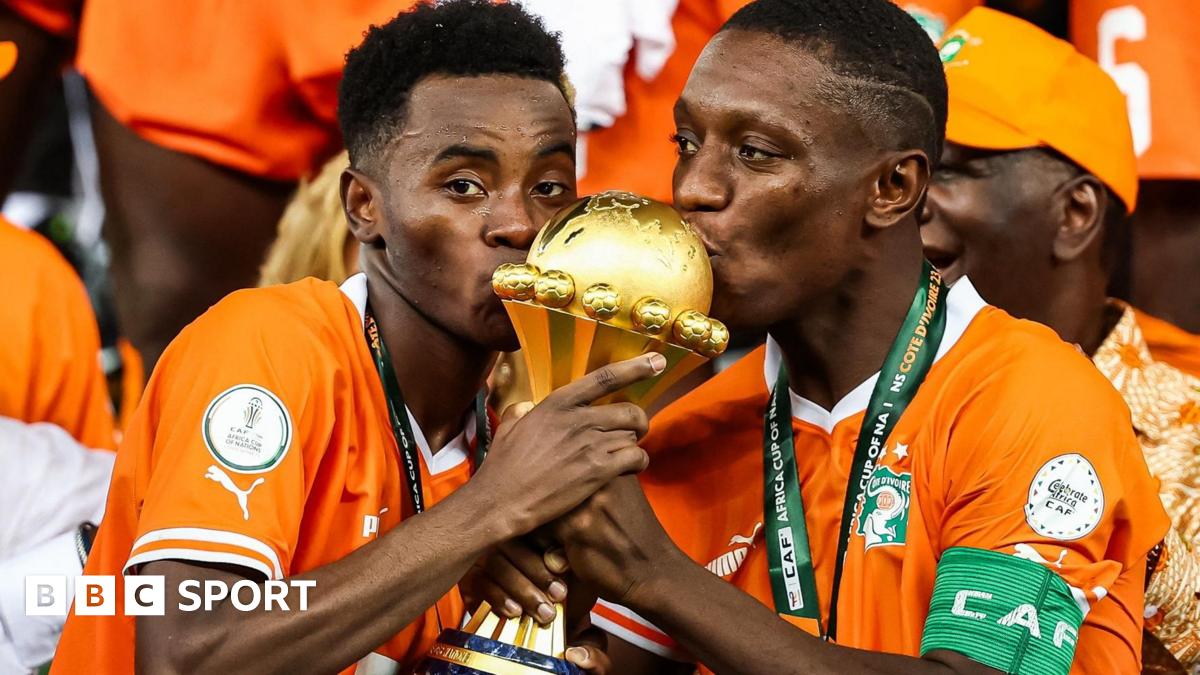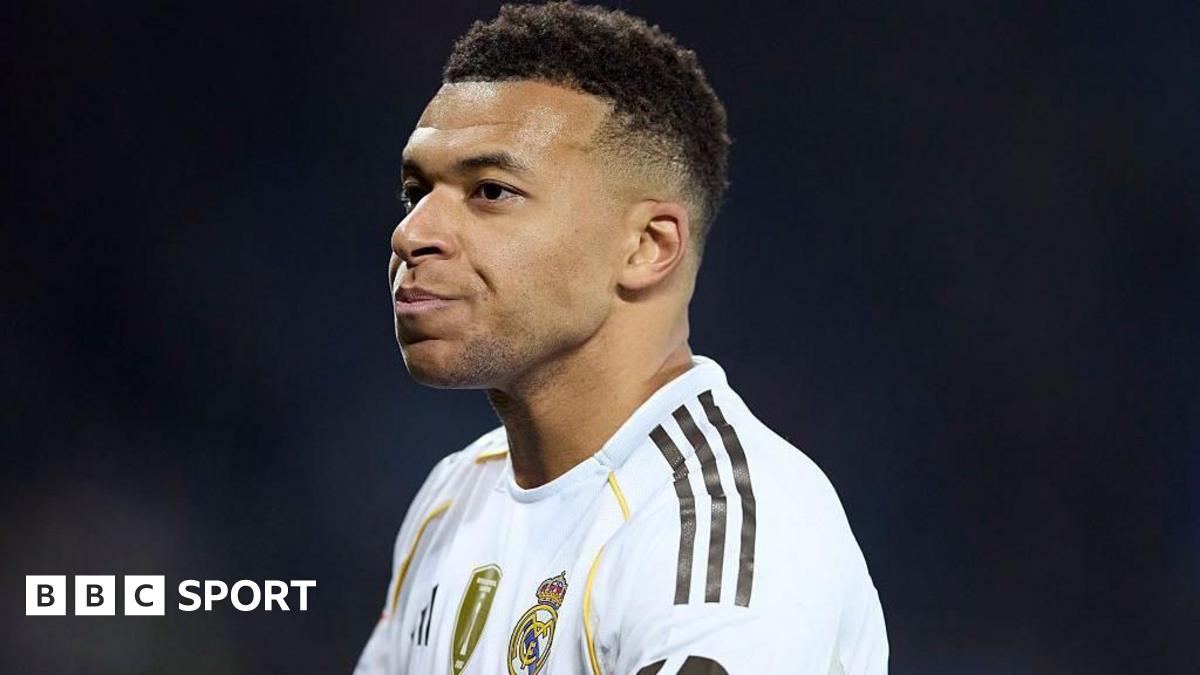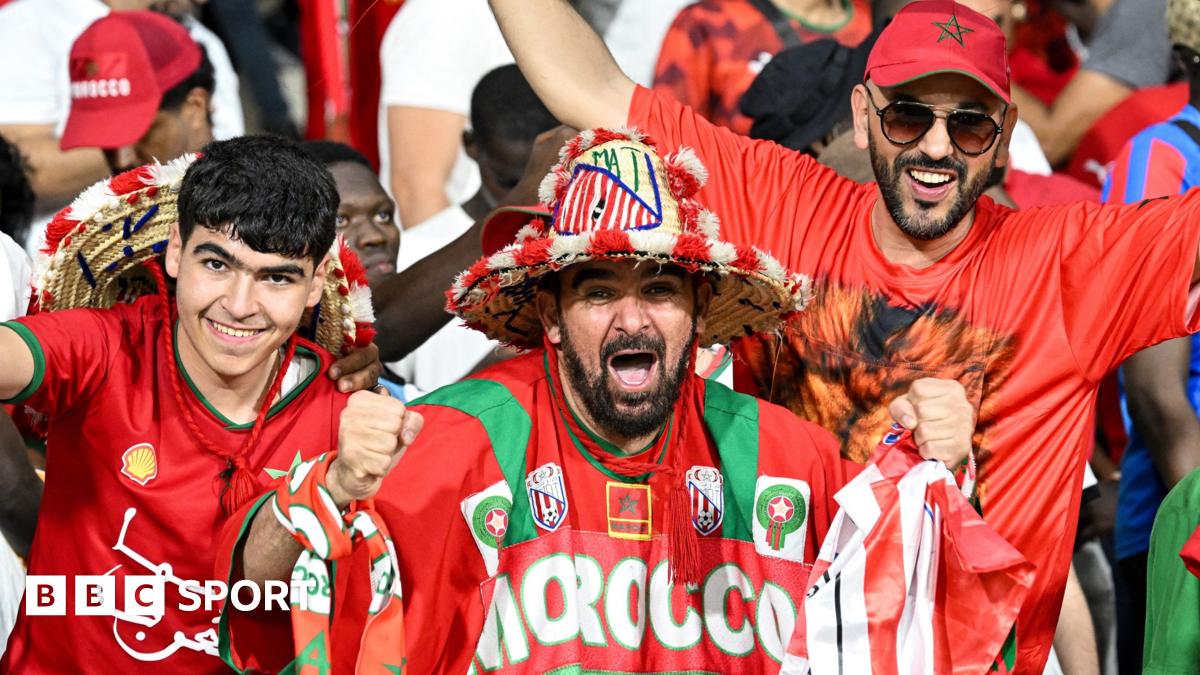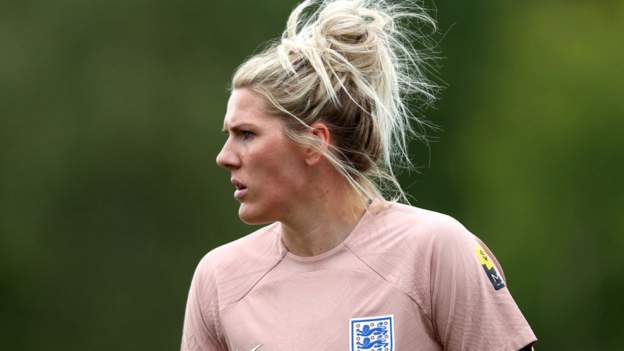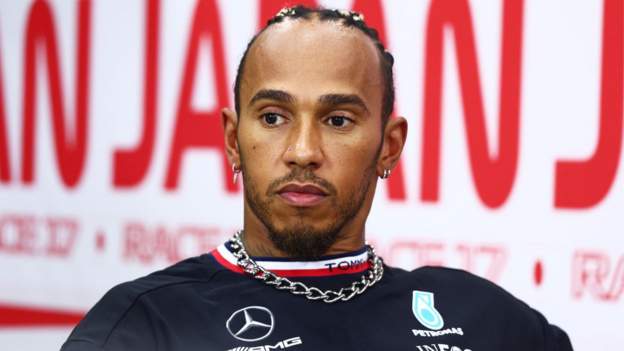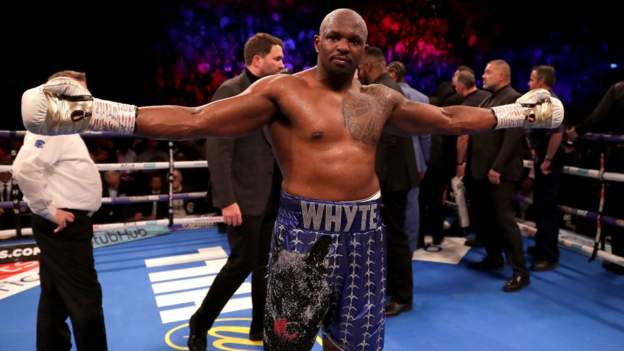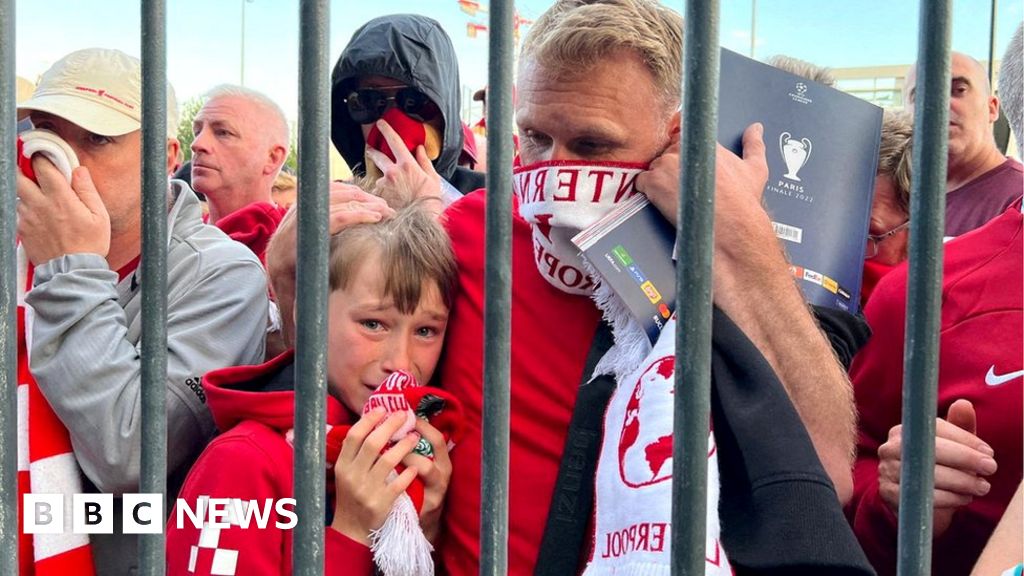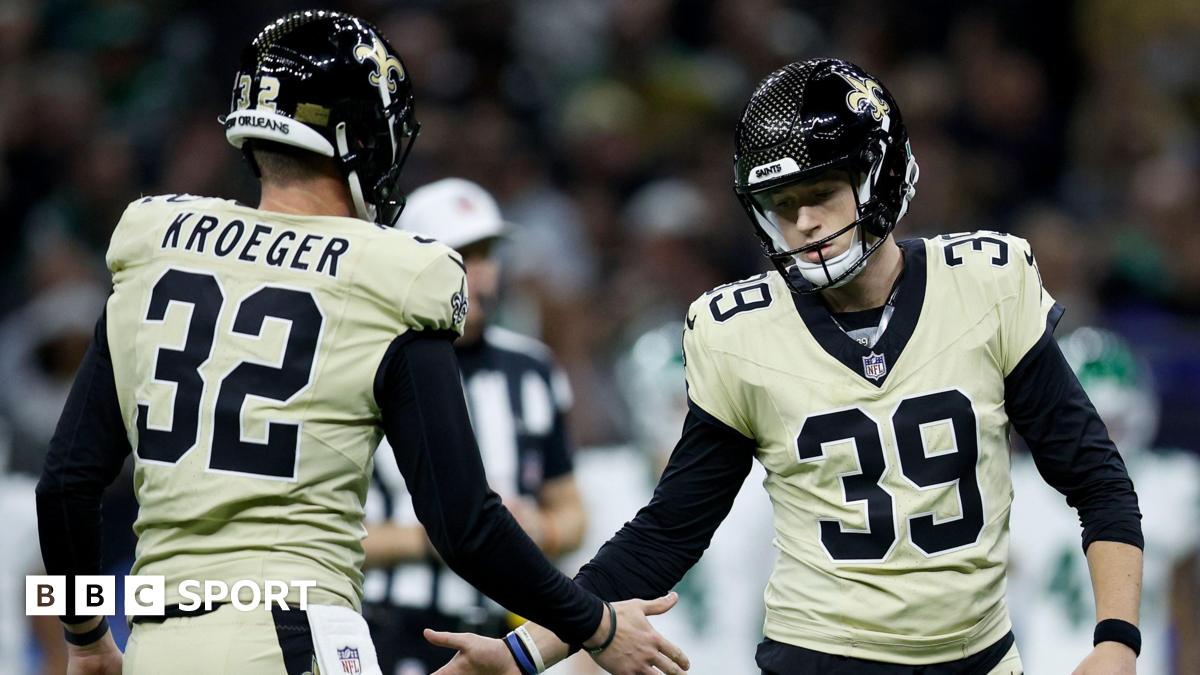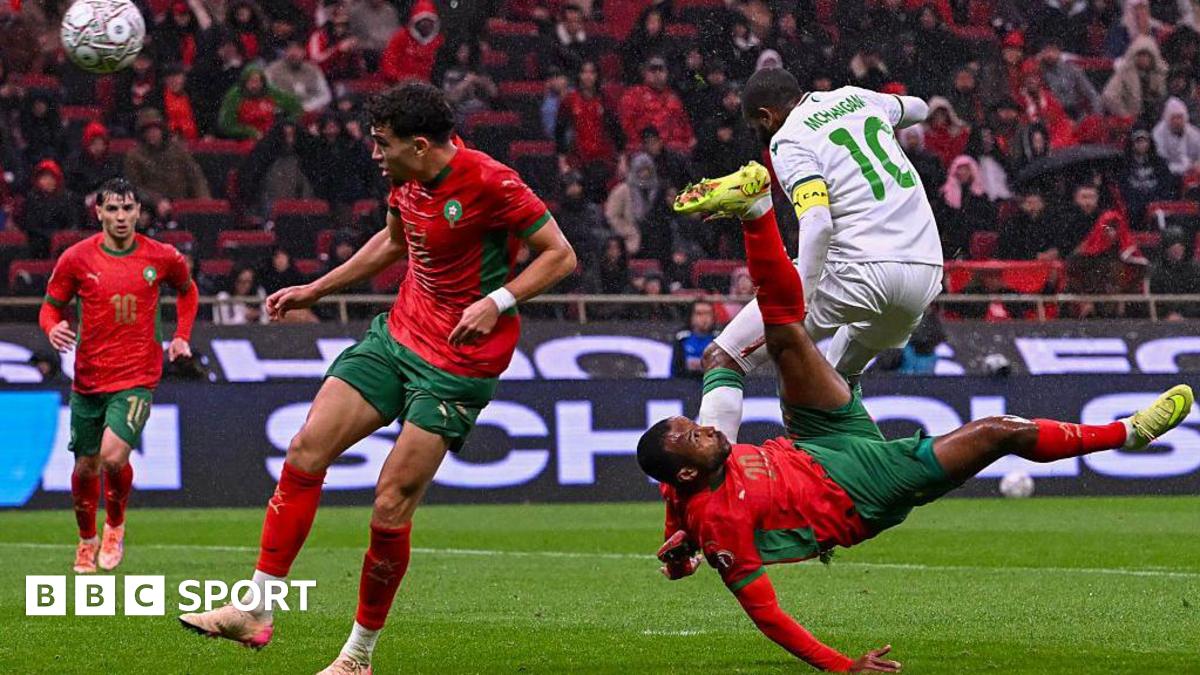England players have “come to an agreement” with the Football Association after a dispute over performance-related bonuses, says captain Millie Bright.
The Lionesses were frustrated a deal was not agreed before talks were put on hold during the Women’s World Cup.
However, Bright says the squad are “really positive things will be different moving forward”.
It is unclear what the agreement is but Bright said it is “more than finances”.
“We’ve come to an agreement but it’s bigger than just the bonuses. For us, it’s about being world leaders on and off the pitch,” said Bright.
“The women’s game is evolving very quickly so conversations like this need to happen to make sure in all areas we are at the top of our game.
“The conversation was extremely positive. We feel really confident moving forward with the structure we now have in place.”
Players for some rival nations including Australia, Spain and the United States were set to receive bonuses after the Women’s World Cup, but the Lionesses, who reached the final, were not.
They have been in talks with the FA and Professional Footballers’ Association about the issue since July.This year, for the first time at a Women’s World Cup, players received individual payments direct from Fifa.
Those payments ranged from £23,500 for players whose teams were knocked out in the group stages, to £211,000 for the Spanish team who won the tournament. Nations also received increased prize money, with champions Spain taking £3.4m.
Asked about the details of the new agreement reached with the FA, Bright added: “It covered a variety of things. It’s the whole package that comes with the women’s game. It’s more than finances. It’s everything to do with the next generation.
“We’re very lucky and privileged we have amazing facilities and set the tone in many areas.
“Those conversations were also just about checking in and building those relationships, so if a problem does pop up we’re in a position where we can have an open and honest conversation.
“That’s why I feel positive we came to an agreement and we’re building a new structure where we can have more of that open dialogue so everything stays the way it should be.”
Equal opportunities for next generation
The Lionesses have used their platform since being crowned European champions in 2022 to tackle societal issues including working with the government to introduce a financial package which will seek to create equal school sport opportunities for girls.
“We’re very passionate about the next generation, where the game is and what we represent,” said Bright.
“No matter what we do we want to stand for our values, what we believe in and do it in the best possible way. The way we carry ourselves is really important for us.”
England manager Sarina Wiegman said she was “really happy” the players had reached an agreement with the FA and that it allows the team to “focus on football”.
“I was expecting this. The conversations had been going really well, but the World Cup was ahead of us so we had to stop those conversations,” added Wiegman.
“The connections have been made and there was communication all the time. Now this part is solved and moving forward it looks really good.”
England face Scotland on Friday, 22 September in Sunderland and the Netherlands on Tuesday, 26 September in Utrecht in the Women’s Nations League.
Opponents Scotland also reached an agreement with the Scottish Football Association (SFA) last week following accusations of inequality.
Captain Rachel Corsie withdrew an inequality case on the day the hearing was due to start and a statement from the SFA said the matter had been resolved without the need for tribunal proceedings.
The case had centred on claims of inequality compared to the men’s team. This included areas such as facilities, travel and pay.
“One thing in the women’s game is, although we’re opponents, we’re all working together in terms of the changes we make,” added Bright.
“It’s always about growing the game. We have to keep evolving and moving with where the game’s at.”
Analysis
Emma Sanders, BBC Sport reporter
These discussions dominated the build-up to the Lionesses’ World Cup campaign as players sought support and advice from the PFA before directly negotiating with the FA.
It has been solely player-led and is a testament to the leadership and experience of the squad that they have been able to reach an agreement.
The talks focused predominantly on historic issues such as backpay for commercial appearances and performance-related bonuses between the Euros and the World Cup, while the team enjoyed a 30-game unbeaten run.
The players made it clear what their expectations were with the FA regarding payments – believed to be a five-figure sum per player – and this has been negotiated.
Their priority now is making sure other England teams in the future do not have to renegotiate terms before every major tournament so they are working with the FA to form frameworks that, for example, set out clear payment structures.
This is an approach which is expected to be taken and used in the domestic game off the back of Karen Carney’s government-led review, with conversations due to take place between players in the WSL and governing bodies.



